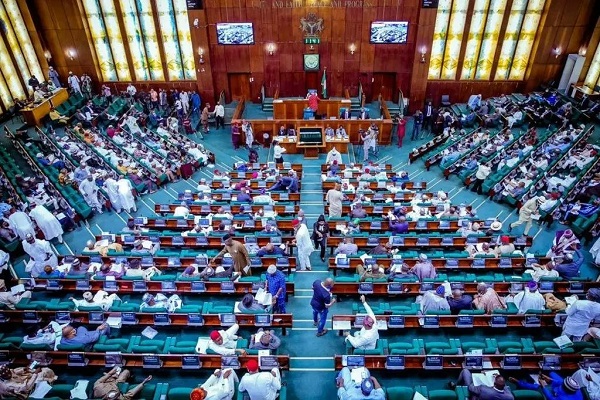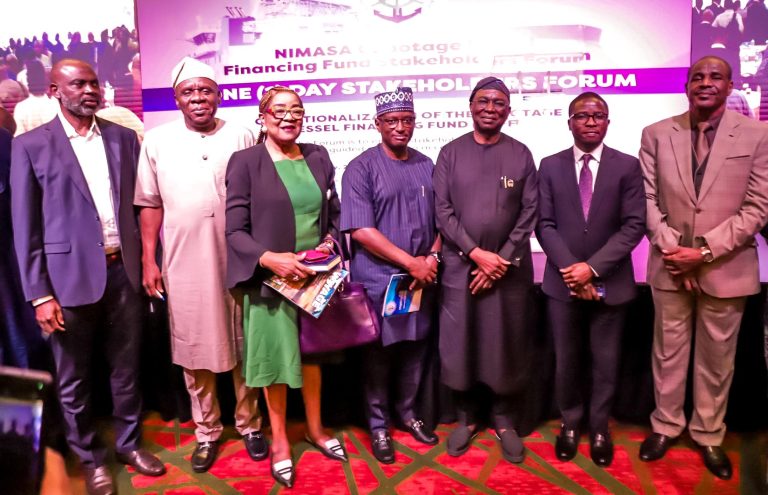…As Canada, US push towards NAFTA deal by Friday***
Russia said Thursday it is holding up release of a report by U.N. experts who said North Korea is violating U.N. sanctions including by not stopping its nuclear and missile programs and by “a massive increase in illicit ship-to-ship transfers of petroleum products.”
Russia’s U.N. Ambassador Vassily Nebenzia told reporters after a closed Security Council meeting on the report that he was blocking its release “because we disagree on certain elements of the report.”
He said Russia also asked for an investigation into regular leaks of reports on North Korea to the media. The Associated Press and other news organizations reported the panel’s latest findings in early August.
Nebenzia didn’t disclose Russia’s concerns but diplomats, speaking on condition of anonymity because consultations were private, said a key objection was the panel’s mention of Russian ships being involved in illegal ship-to-ship transfers.
Britain’s U.N. Ambassador Karen Pierce, the current Security Council president, said there will be informal consultations Friday to determine what Russia’s objections are in hopes of finalizing and releasing the report.
“I need to stress that this panel of experts report is independent,” she said. “It’s an interesting question as to whether you should be objecting to an independent report. But, as I say, the council hopes we can resolve this.”
Pierce said the Security Council has been “very strong” on enforcing sanctions against North Korea, “and getting this report out and implemented is the next stage in enforcing the sanctions.”
The experts’ report said sanctions against North Korea are also being violated by transfers of coal at sea and the flouting of an arms embargo and financial restrictions.
North Korea also attempted to sell small arms and light weapons and other military equipment via foreign intermediaries, including Syrian arms traffickers in the case of Houthi Shiite rebels in Yemen as well as Libya and Sudan, the report said. And North Korea has continued military cooperation with Syria, in breach of U.N. sanctions.
In the meantime, top NAFTA negotiators from Canada and the United States increased the pace of their negotiations Thursday to resolve final differences to meet a Friday deadline, with their Mexican counterpart on standby to rejoin the talks soon.
Despite some contentious issues still on the table, the increasingly positive tone contrasted with U.S. President Donald Trump`s harsh criticism of Canada in recent weeks, raising hopes that the year-long talks on the North American Free Trade Agreement will conclude soon with a trilateral deal.
“Canada`s going to make a deal at some point. It may be by Friday or it may be within a period of time,” U.S. President Donald Trump told Bloomberg Television. “I think we`re close to a deal.”
Trilateral talks were already underway at the technical level and Mexican Economy Minister Ildefonso Guajardo was expected to soon rejoin talks with U.S. Trade Representative Robert Lighthizer and Canadian Foreign Minister Chrystia Freeland, possibly later on Thursday, people familiar with the process said.
President Donald Trump said in a Bloomberg interview: “Canada`s going to make a deal at some point. It may be by Friday or it may be within a period of time,” Trump said. “I think we`re close to a deal.”
Negotiations entered a crucial phase this week after the United States and Mexico announced a bilateral deal on Monday, paving the way for Canada to rejoin talks to modernize the 24-year-old accord that underpins over $1 trillion in annual trade.
The NAFTA deal that is taking shape would likely strengthen North America as a manufacturing base by making it more costly for automakers to import a large share of vehicle parts from outside the region. The automotive content provisions, the most contentious topic, could accelerate a shift of parts-making away from China.
A new chapter governing the digital economy, along with stronger intellectual property, labour and environmental standards could also work to the benefit of U.S. companies, helping Trump to fulfil his campaign promise of creating more American jobs.
Trump has set a Friday deadline for the three countries to reach an agreement, which would allow Mexican President Enrique Pena Nieto to sign it before he leaves office at the end of November. Under U.S. law, Trump must wait 90 days before signing the pact.
The U.S. president has warned he could try to proceed with a deal with Mexico alone and levy tariffs on Canadian-made cars if Ottawa does not come on board, although U.S. lawmakers have said ratifying a bilateral deal would not be easy.
DAIRY, DISPUTE SETTLEMENT
One sticking point for Canada is the U.S. effort to dump the Chapter 19 dispute-resolution mechanism that hinders the United States from pursuing anti-dumping and anti-subsidy cases. Lighthizer said on Monday that Mexico had agreed to eliminate the mechanism.
Trump also wants a NAFTA deal that eliminates dairy tariffs of up to 300 percent that he argues are hurting U.S. farmers, an important political base for Republicans.
But any concessions to Washington by Ottawa is likely to upset Canadian dairy farmers, who have an outsized influence in Canadian politics, with their concentration in the provinces of Ontario and Quebec.
“Ultimately, we`ve got huge issues that are still to be resolved,” said Jerry Dias, head of Canada`s influential Unifor labour union. “Either we`re going to be trading partners or we`re going to fight.”
Fox with additional report from Zee



















